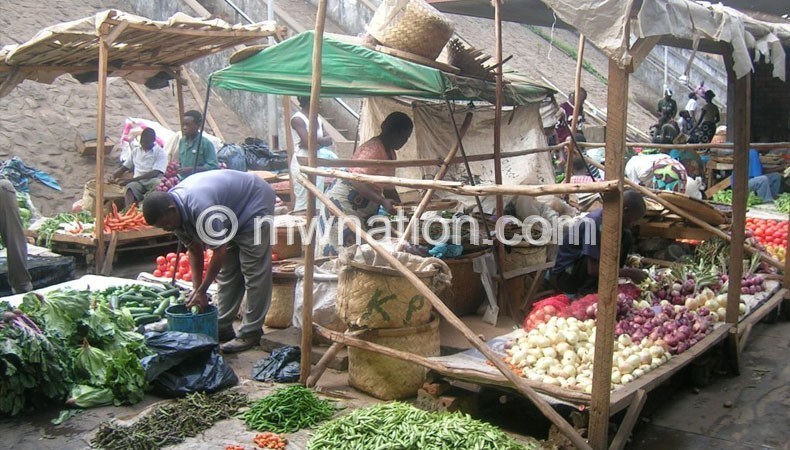IITA tips Malawi farmers on value addition in legumes
The International Institute of Tropical Agriculture (IITA) has called for increased propagation of value addition skills among small-scale farmers in the country to help boost their livelihoods.
The institute claims that with such skills, farmers stand to make a much improved fortune in value addition than concentrating on increased production which it says has frustrated farmers for a long time.

IITA, through its implementing partner Catholic Development Commission of Malawi (Cadecom), held a week-long training workshop for farmers from around Nkhamenya, where 35 lead farmers honed business, processing, crop management, production and marketing skills, among others.
The lead farmers are expected to impart the knowledge gained to fellow community members.
Speaking on Thursday in Kasungu during a training workshop for trainers on the same, IITA Malawi country coordinator for N2Africa project Lloyd Phiphira said there is a need to shift the focus from mass production to market research to enhance value addition to their farming.
He said: “We have always said that legumes can easily replace the other cash crops now dwindling on both the local and the international market but farmers may not understand as they continue to make losses in their farming despite growing more of the produce.
This is mainly due to their ignorance in post harvest management. And in the event of unreliable markets for their produce currently experienced across the region, many opt to reduce production or quit altogether which we feel is not health for the global food security.”
Phiphira, therefore, suggested that farmers should adopt farming as a business through legume processing and utilisation, which he said can also help boost their nutrition
Livelihood and marketing project officer at Cadecom, Kondwani Munthali, the training followed findings that claimed farmers used to sell all their legume produce and on cheaper prices as well due to poor knowledge in post-harvest management; thereby leaving households vulnerable to malnutrition.
“There are some who detest taking the legumes in their raw form, but with the processing, they will be able to suffice their nutritional needs through various products from the same,” he said.
Some of the products participants extracted from legumes during the training were soymilk, soy flour seasoned dishes, beverages and confectionaries.
Through the N2Africa project, IITA and Cadecom are promoting the production of legume crops such as soya bean, common beans and groundnuts in a recommended and improved way, promoting the utilisation of the legume crops at household level for better nutrition and improved health; promoting women groups through legume crop processing into many dishes for household use and income generation, thus to improve livelihood.





